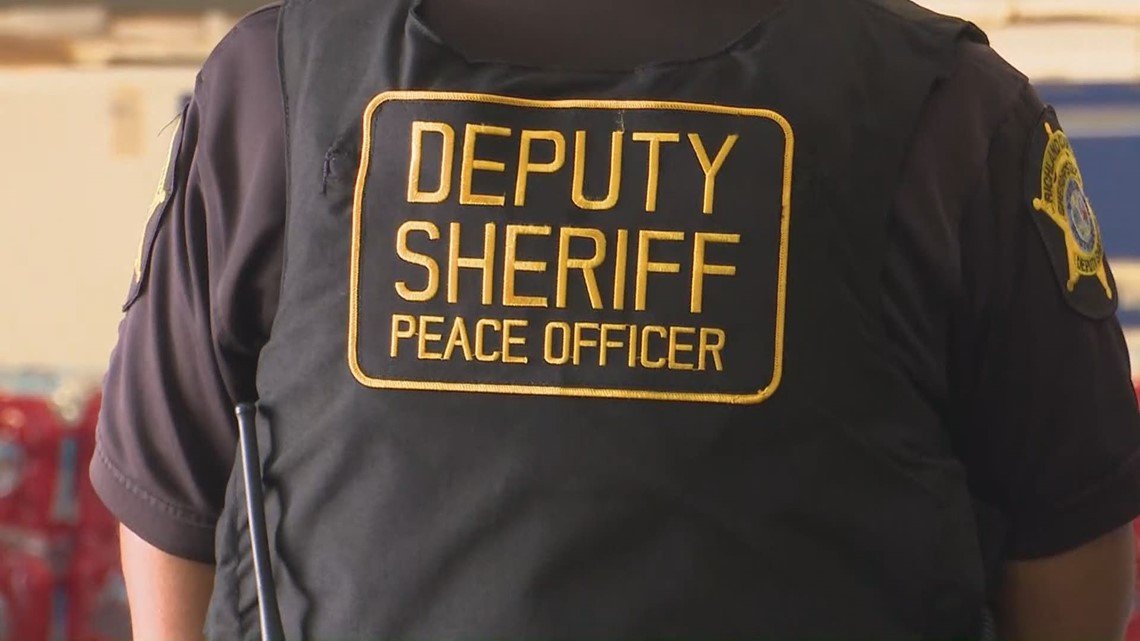The Peace Officer Mindset
There is no doubt that in many communities across America the police are experiencing a credibility crisis with the people they serve and protect. This is true despite the fact that, across multiple variables, policing today is qualitatively much, much better than it has ever been. Cops today are healthier, better educated and their training is more aligned with the needs of communities.
Unfortunately, for many people, the police are not viewed as the “good guys” and are essentially a necessary evil they must tolerate. They are seen as oppressors or simply people “that mess with us” by stopping and searching them “for no reason.” And the relaltively consistent number of people killed by the police every year continues to create a divide between the police and communities of color.
In this section, we explore the need to reposition our collective perspectives of why the police exist to one that envisions them engaging in a valuable endeavor that works for both cops and the people they are paid to protect.
Changing the mindset of police officers from their being “law enforcement” officers to one their being "peace officers" represents a major cultural shift within policing. This approach is known as Peace Officer Mindset. It's not just a change of terminology, but a fundamental shift in the perception and role of police officers within society that so many people seek.
According to the "traditional" law enforcement model, officers are seen as primarily enforcers of the legal statutes. This can lead to an impression of an adversarial relation between the police force and the public. This model may inadvertently create an environment in which community members perceive the police as enemies rather than allies who maintain social order and safety.
The Peace Officer Mindset, on the other hand, reframes police officers' roles as "peacekeepers," within their own communities. This shift highlights the shared goals and commonality between police officers and the people they serve. This mindset encourages police officers to view themselves as peacekeepers, not first and foremost as agents of law. This approach fosters more empathetic and just policing that better aligns with community expectations and needs. It also reflects what cops do the majority of their time. Their daily activities involve much more conflict resolution and maintenance of the peace activities than “enforcing” the law. This new mindset also reflects the historical origin of policing in a large part of the country. About 80% of state statutes in America authorizing their power and responsibilities refer to cops, not as “law enforcement officers,” but as “peace officers.” There is a reason for that which we seem to have lost sight of.
This shift in perspective has profound implications for the relationship between police and community. The dynamics of police interactions with the community change when officers see their primary role in maintaining peace, rather than enforcing the law. Officers will be more inclined to use community-oriented police strategies that focus on building trust and understanding between community members. This can lead to a more positive, healthy and safer interaction between officers and citizens. Of course, it does not mean cops don’t enforce the laws, simply that, whenever possible, they strive to find a alternative to arrest or citation to resolve the issue at hand.
The Peace Officer Mindset also provides a structure for a culture change that is sustainable within police agencies. It is in line with the public perception of the purpose of policing, which is to protect and serve the community by being just and empathic. The trust that citizens have in policing grows when they see the police as peacekeepers. This trust is vital, because it promotes more cooperative relationships between police and communities, improving public safety and well-being.
Adopting the Peace Officer Mindset is a transformative strategy that aligns policing goals with the expectations of communities they serve. It works for both cops and the people they serve. And it represents a shift in policing towards a model that is more effective, empathetic and just.

Leading the Re-positioning of the Police from Law Enforcement Officers to Peace Officers
The re-positioning of cops from “law enforcement officer” to “peace officer” is about much more than a name change. It represents a fundamental shift in organizational and community beliefs about the purpose of policing.

